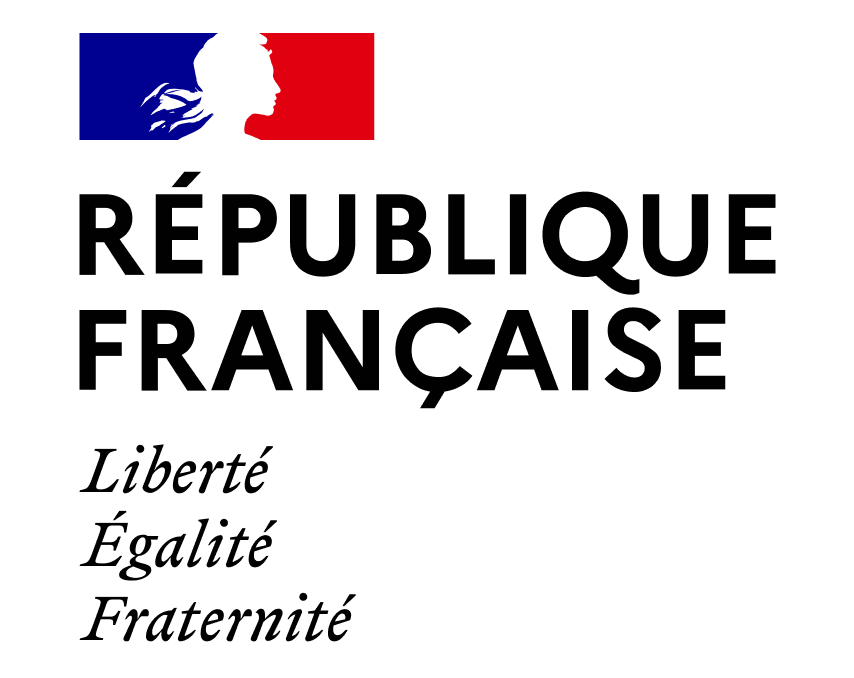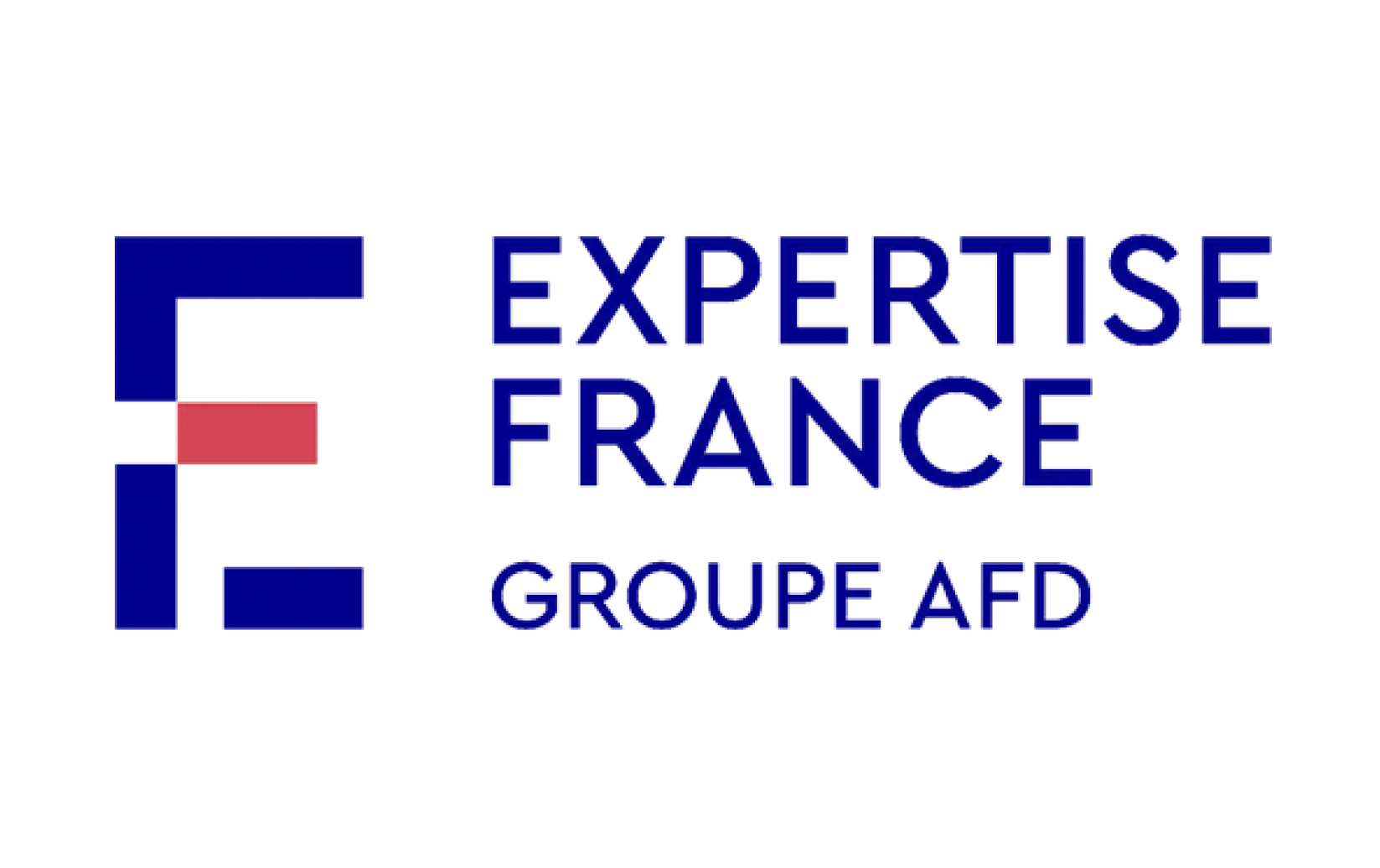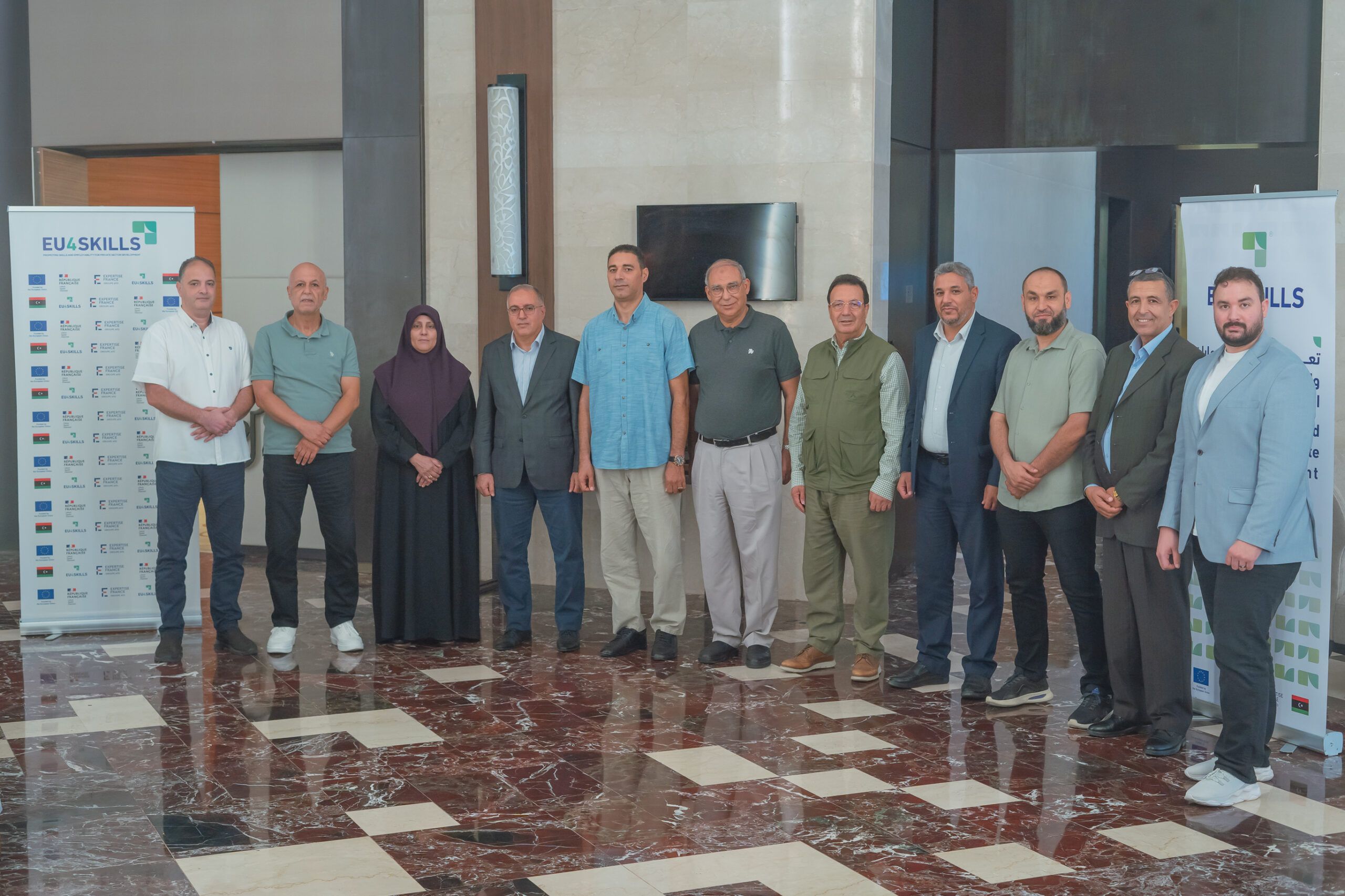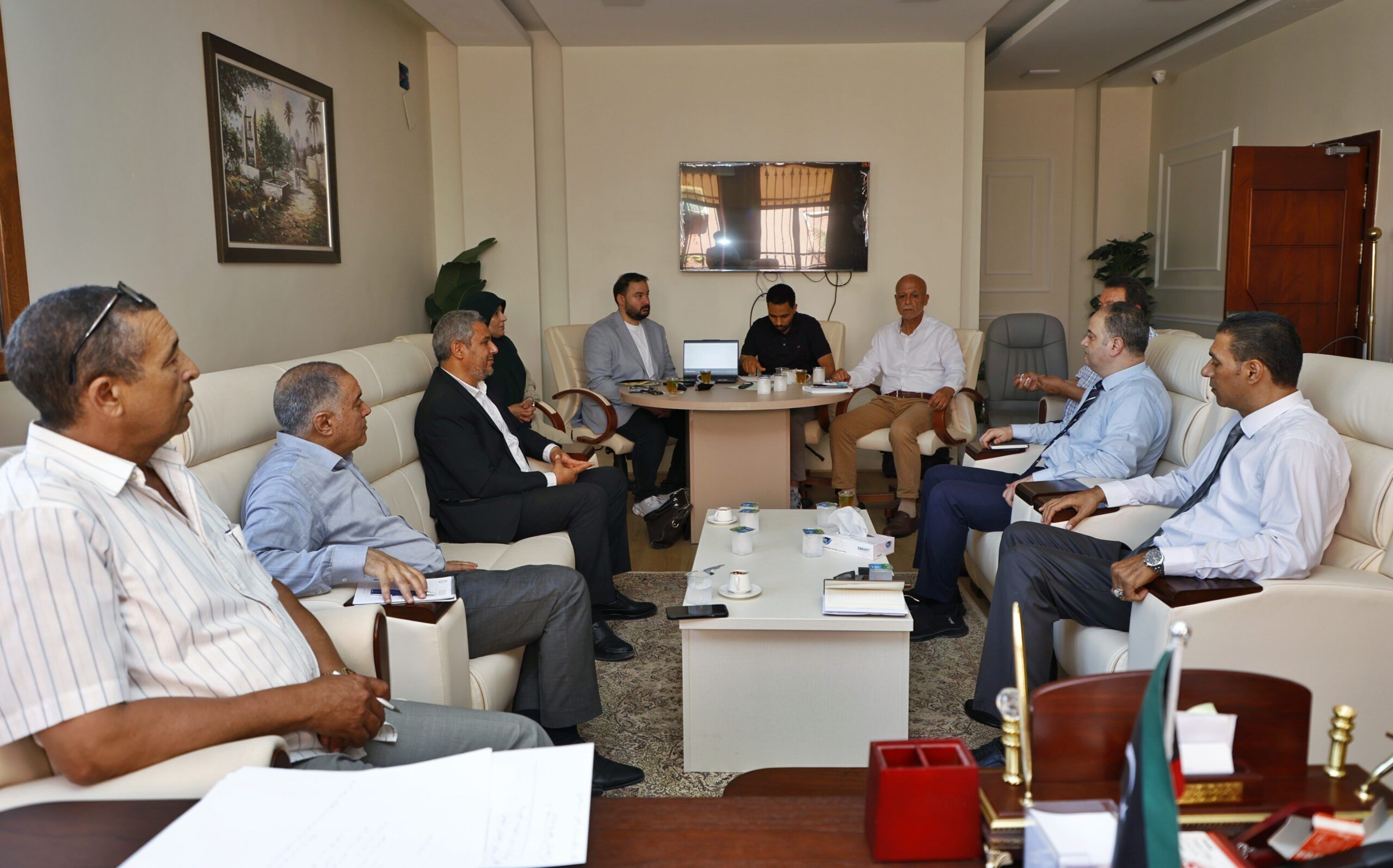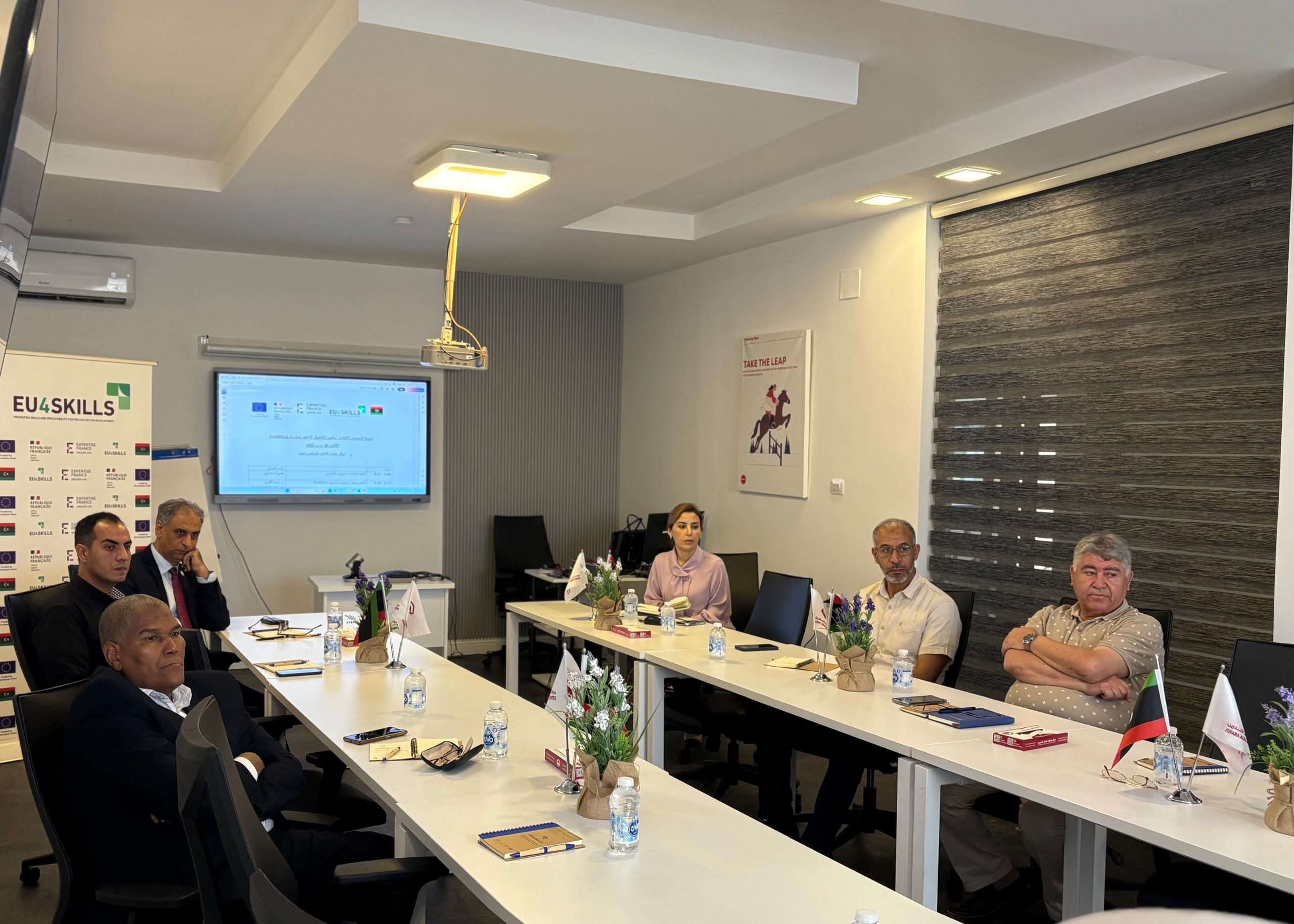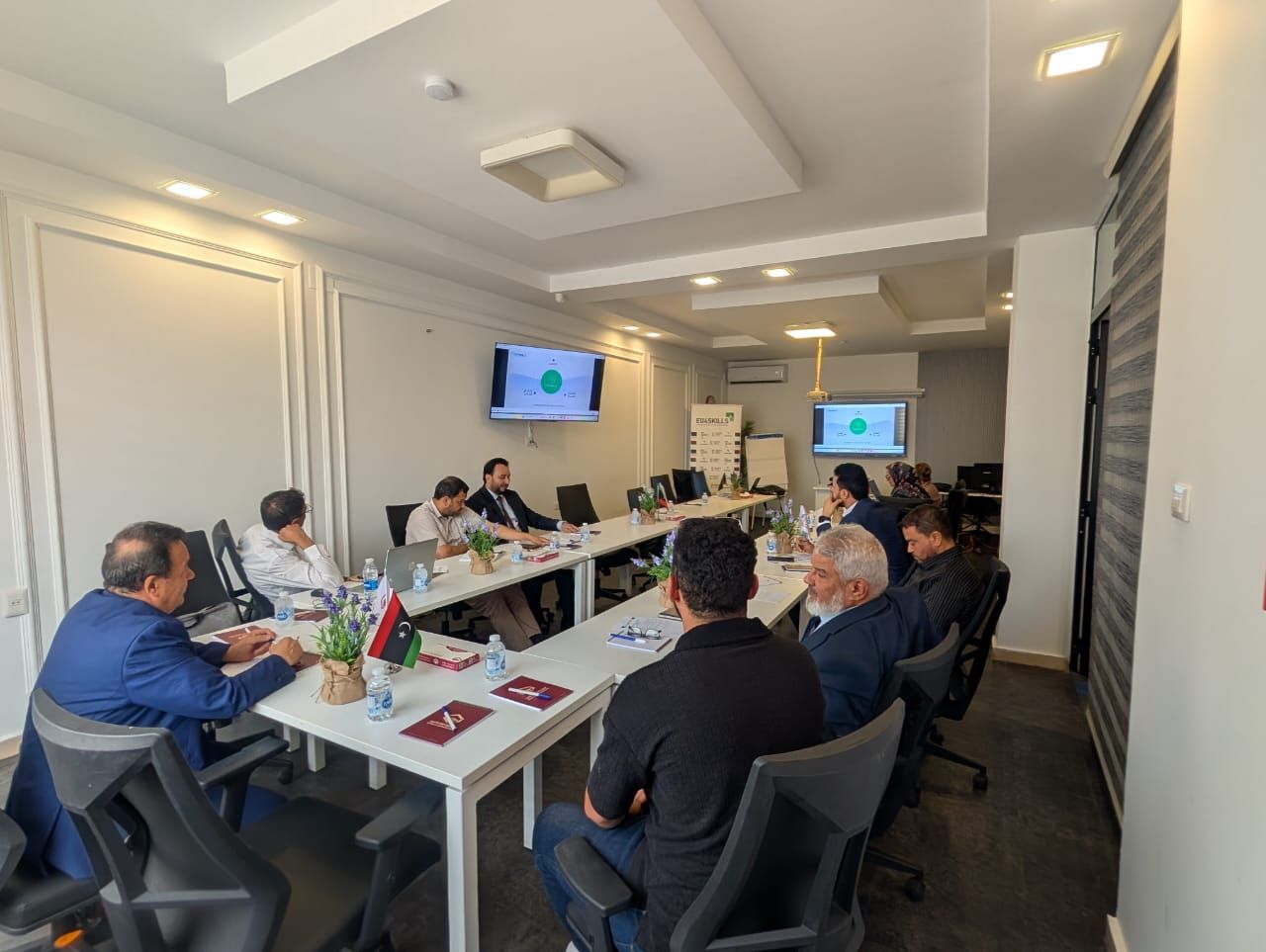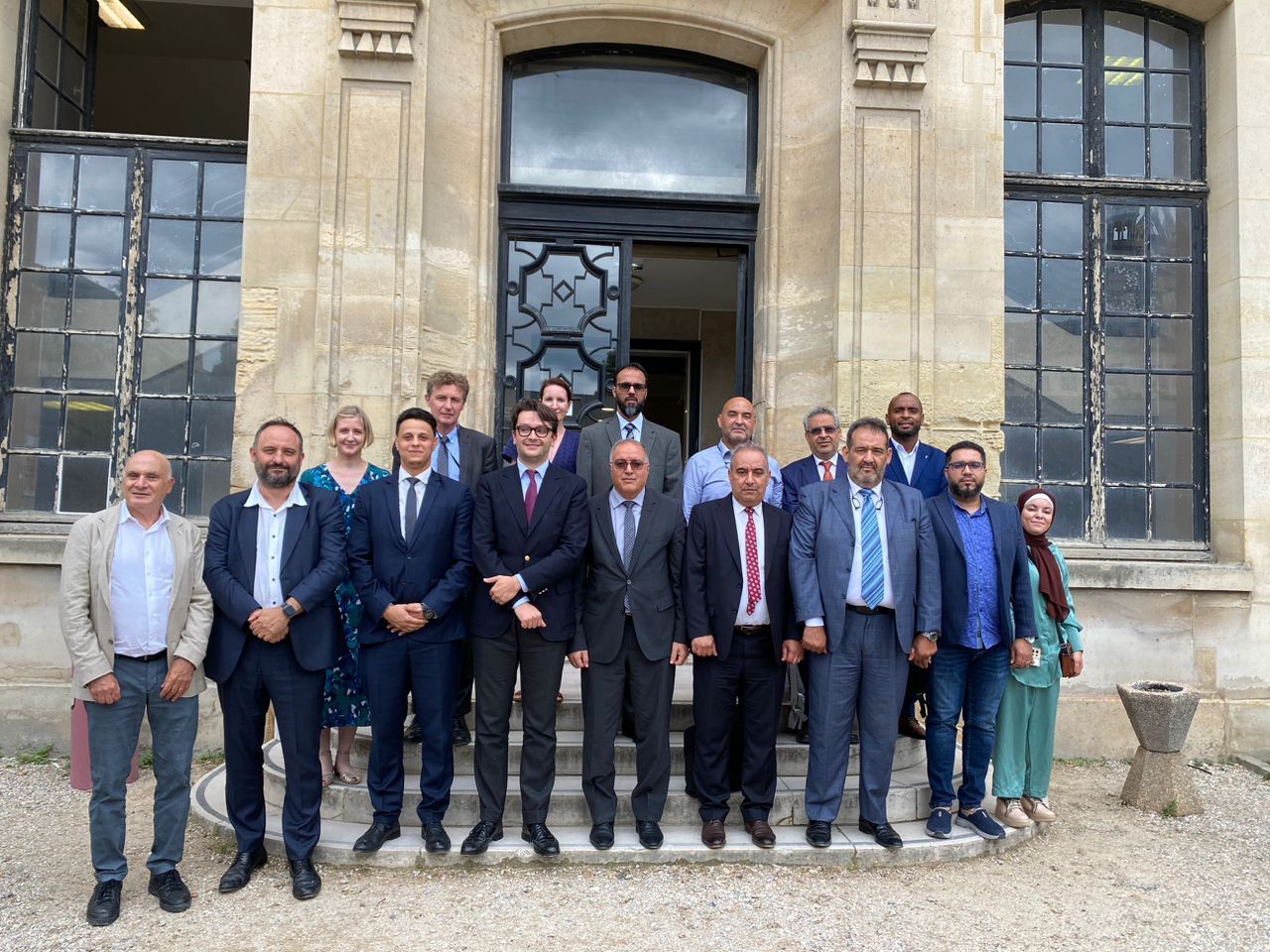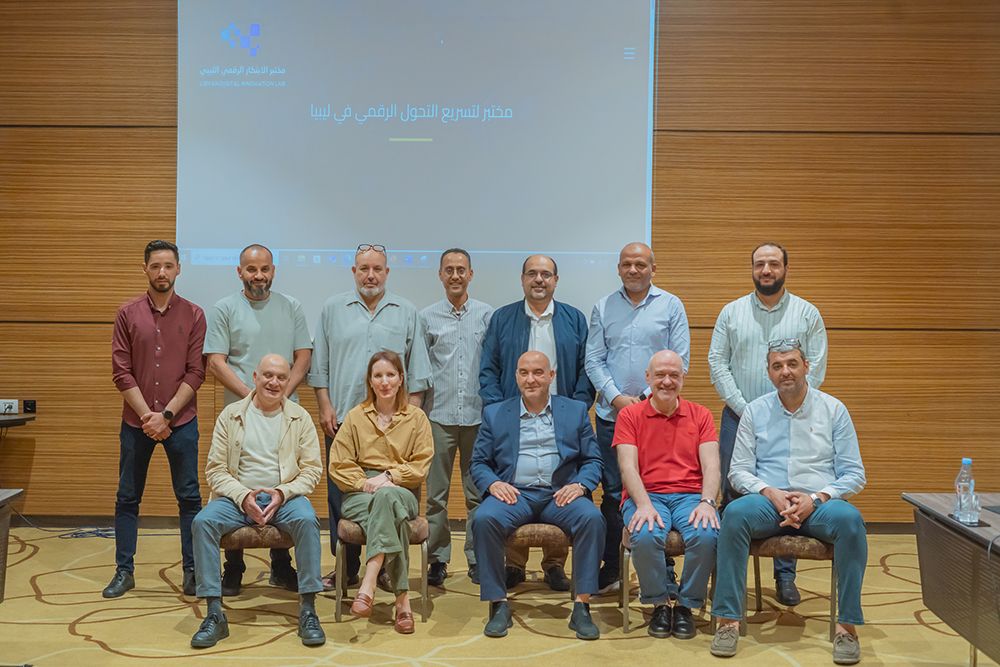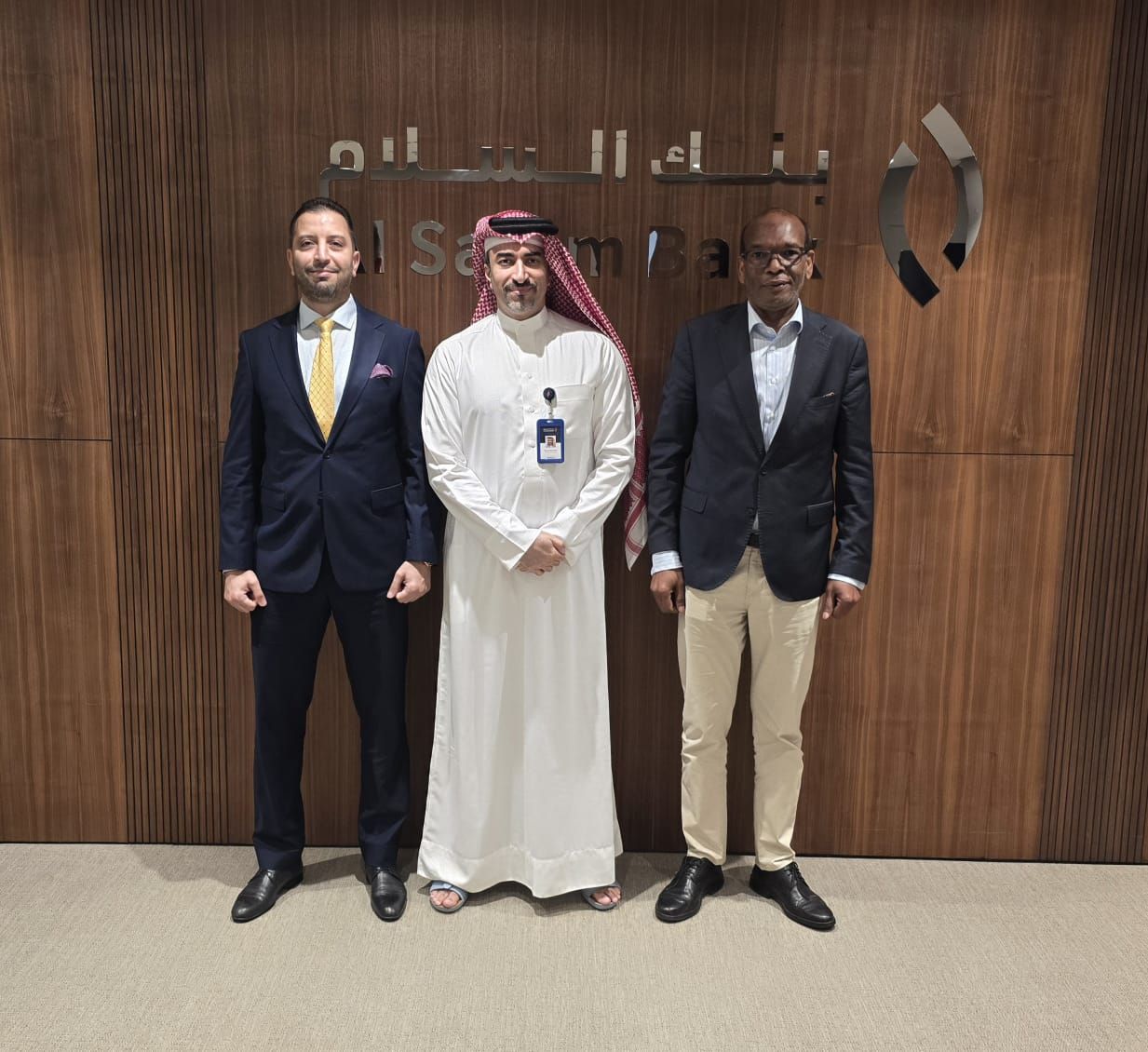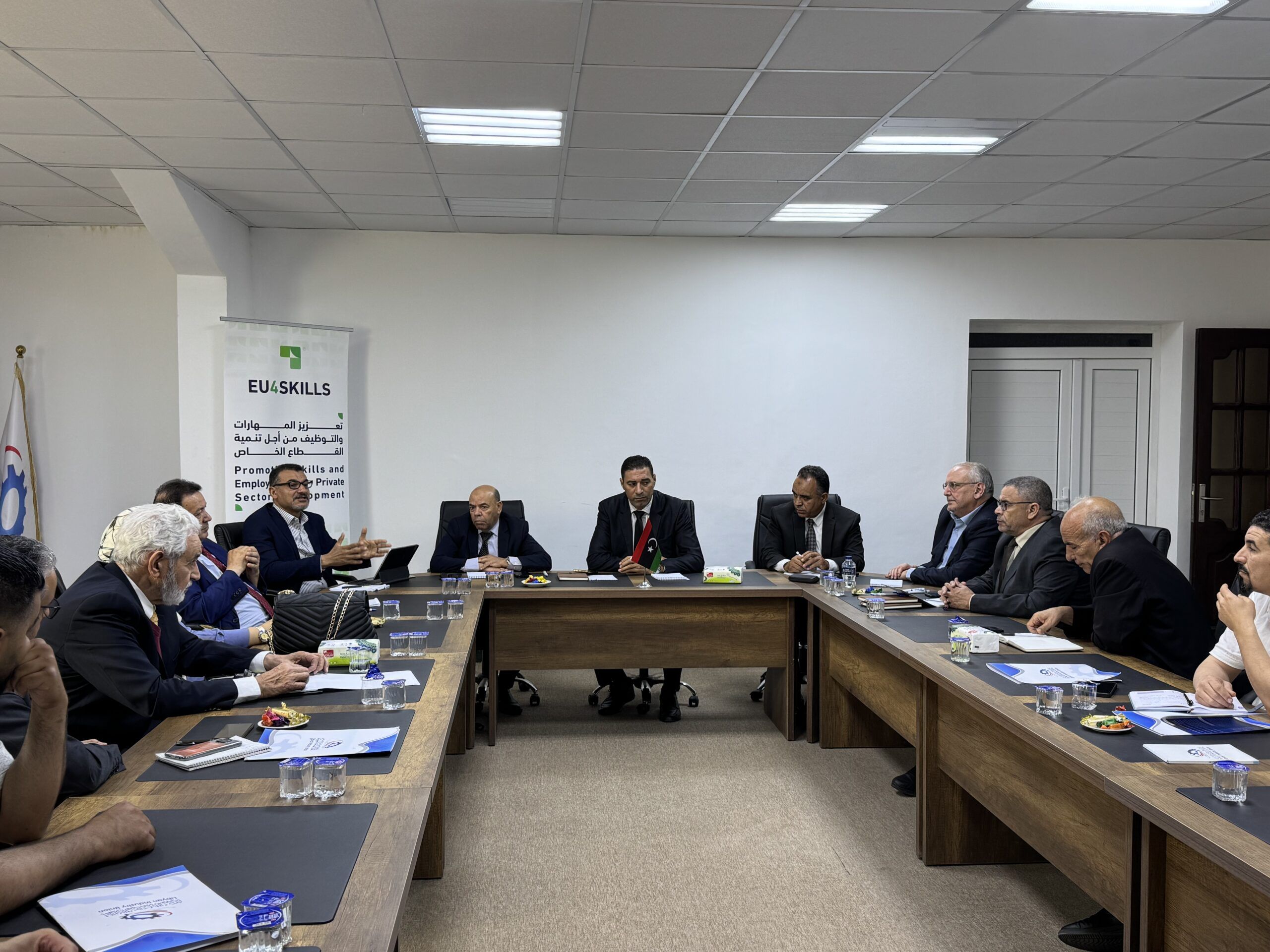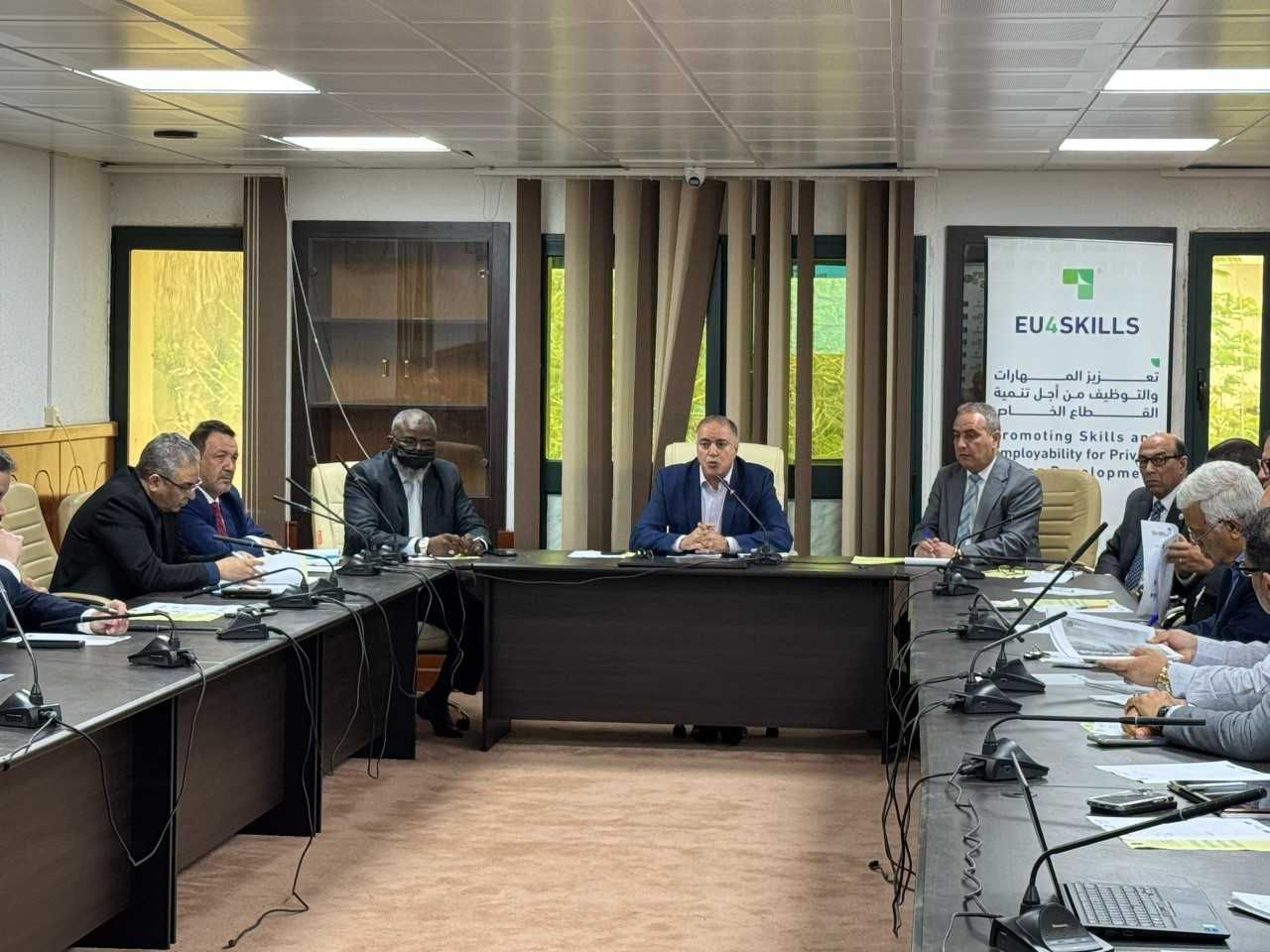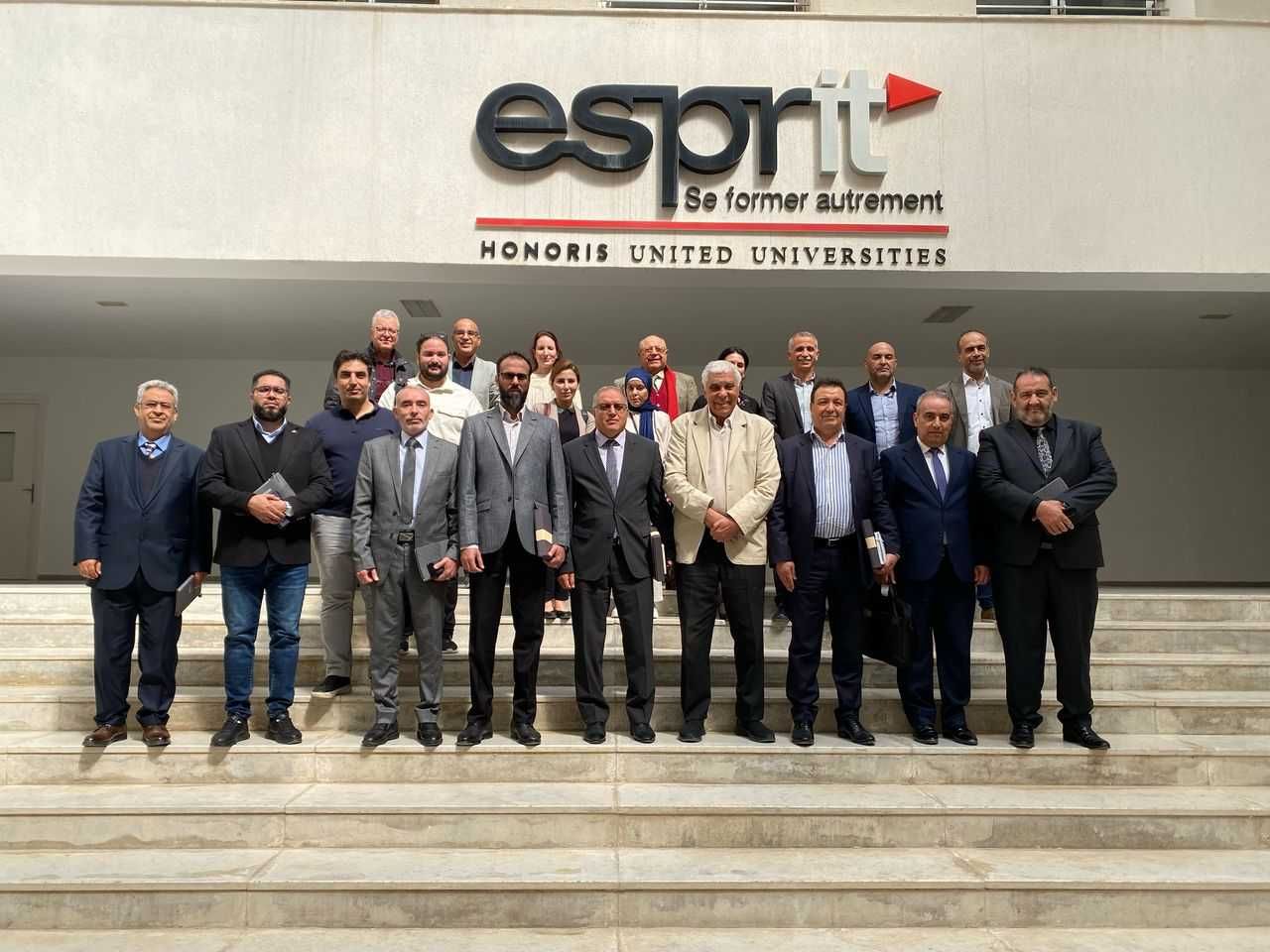Technical Team Meeting to Develop Employment Strategy for Higher and Technical Education
A technical meeting was held on July 24 and 25, 2025, bringing together the National Employment Strategy Preparation Team and education and employment policy expert Dr. Mohamed Azaiz to launch work on designing and drafting the National Employment Strategy in Libya. This meeting falls within the first component of the EU4Skills project, which focuses on aligning higher education and technical and vocational training with the needs of the Libyan labor market.
The meeting agenda included a presentation of successful international experiences in the field of employment, a review of Libyan laws and legislation related to higher education and employment, and a proposal for a joint methodology for developing the strategy. The meeting was attended by strategy team headed by His Excellency the Deputy Minister of the Ministry of Higher Education and Scientific Research, Dr. Saleh Alghoul, the Executive Director of the Libyan Industry Union, Mr. Ali Nusair, and representatives from the Ministry of Labor and Rehabilitation, the Ministry of Technical and Vocational Education, the Libyan Authority for Scientific Research, and the Quality Assurance Center. Representatives from Expertise France included Mr. Mohamed Alaswad, Deputy Program Director, and Mr. Suhaib Sbeta, Chief of the first component of the project.
Discussions among team members included identifying strategic priorities, improving working methods, clarifying roles and responsibilities, and defining the expected outcomes of the technical team and the strategic expert.
This technical meeting represents the starting point for a key phase of the project, which aims to promote employment in Libya by enhancing coordination between education institutions, the labor market, and decision-makers.
The EU4Skills project is funded by the European Union, co-funded by the French government, and implemented by Expertise France in collaboration with Libyan partners. The project aims to develop skills and improve employability by modernizing educational curricula, empowering youth, promoting digital transformation across various sectors, and improving financial literacy and access to finance.
